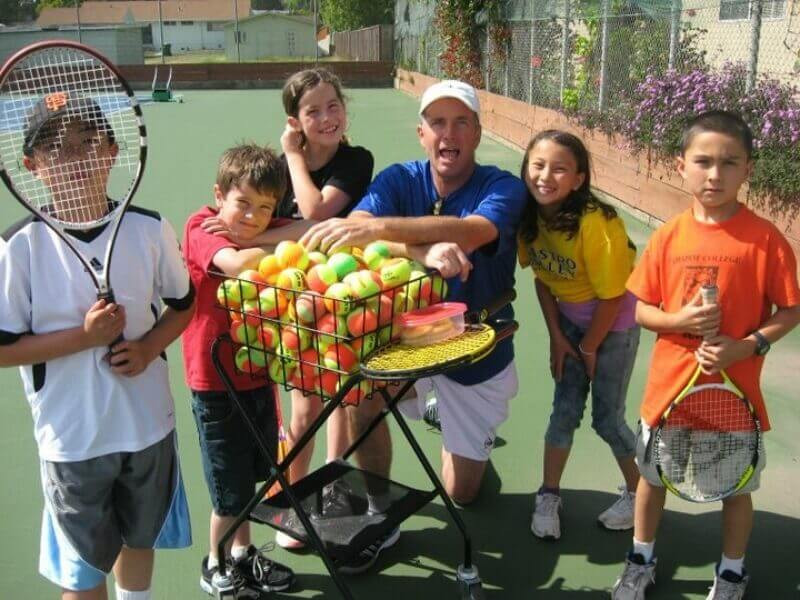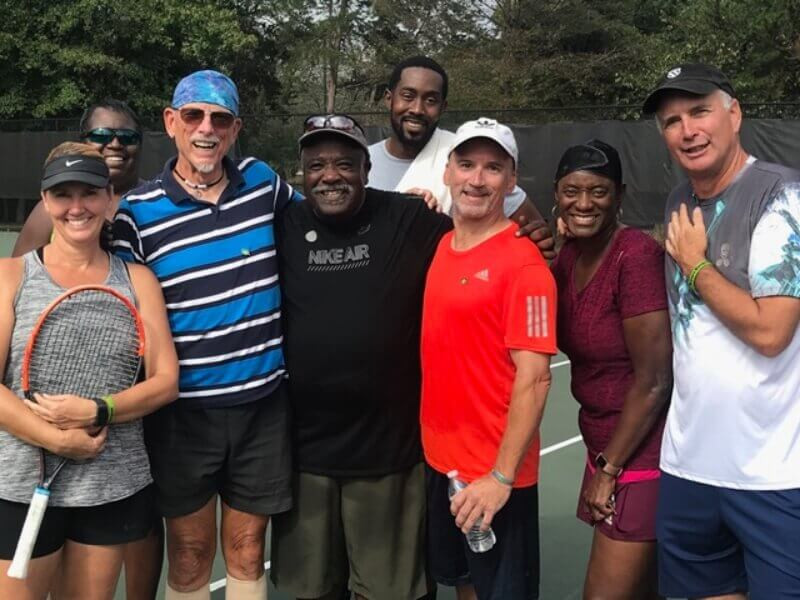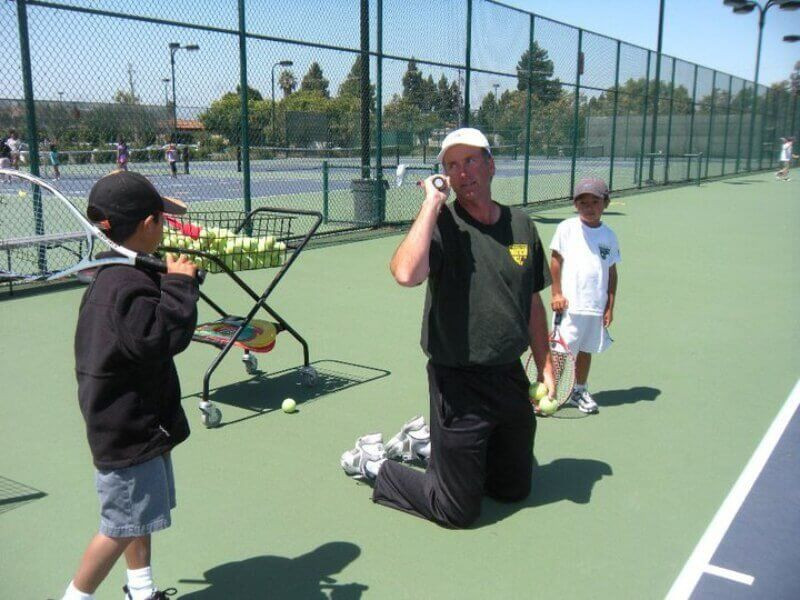Mental Health
Welcome and thanks for visiting...

Top 5 Characteristics of an Athlete Centered Coach

Are you in the business of selecting a coach? You need to know that there is a slow revolution going on in athletic coaching. We are moving away from the days where the autocratic, dictatorial coach directed every detail of every aspect of the program. Tyrannical coaches are slowly going toward extinction, but there are still some very successful, high profile coaches who are very ego-driven, completely focused on short term results.
The Authoritarian Coach
Domineering coaches may still have soaring successes at times, but behind the scenes, they create a lot of personal pain. One very notable case of an athlete who not only suffered but caused great suffering is that of Aaron Hernandez, the now-deceased star NFL tight end. Another tragic case is the U.S. Women’s Gymnastics team, where adults sent their young female athletes to a doctor, who then sexually abused them. That team seemingly operated with a code of silence for decades.
There is a mindset in place that guides people to think that they find value only in winners and that they have to be in control of everything, except when they choose to ignore some of the major negatives. How is it that the way people think fosters the destruction of the person, in search of the short term gain of the coach, the team, and the athletes?
How do we change our minds and find the opposite? How do we become more athlete-centered, instead of simply results-oriented? The key partly lies in recognizing, promoting and celebrating the best coaches, the ones who see the person, the student, and then the athlete.
The Athlete-Centered Coaching Model
It’s awesome when players look back and realize that a coach on their timeline invested in them so deeply as a person that it gave them tools for success for a lifetime, and when a player’s long term health is protected by appropriate challenge levels in training that lead to maximum growth and minimal injury, anxiety or undue stress.
Here is a list of characteristics to look for in order of most fundamental to most ideal. The first characteristic must be present for the others to maximally effective.
1. Coaches for Long Term Life Skills
At one extreme of the coaching spectrum, coaches have a program, and the players come and go, having participated in the coach’s timeline for a short time. Players are quickly forgotten, and they actually might not feel any connection to the program when they leave. Many coaches have an always friendly demeanor, but not necessarily long term interest in what a former player becomes.
The athlete-centered coach not only engages with players in a way that will help them now but also looks to the longer term of the player’s timeline, teaching vital life skills at least attempting to help each and every individual. A national championship football coach was asked what he thought of his team, he responded, ‘Ask me in 20 years, I want to see what they become.’
Of course, some of these lessons are not learned by the young athlete fully until later down the line. Every attempt to begin teaching young athletes to move toward excellence, wholeness, and healthy attitudes about life, success, teammates, and family, will stay with them as long as it’s then fostered by themselves and the people in the environment they choose.

2. Focused on Players, Not Ego
The word ego gets a bad wrap, mostly because the urban dictionary creates a negative connotation that ego means egotistical, or that someone with an ego is a megalomaniac. Not true, ego simply means your sense of self, your concept of who you are and how you fit in the grand scheme of things. So, while some coaches do have oversized egos, some normal, and some with weak ones, everyone has one. When the coach places the efforts on the training of players into more complete individuals, in order to meet the demands of being a great performer and citizen, then sport becomes a microcosm of life. The interesting thing is that as a coach disconnects value from their own ego, and attaches it more to their players, then they are usually seen as being more selfless. I wish I could say that more universal praise comes your way, but in reality, it won’t always, and you the coach might actually face more criticism.
3. Everything They Plan Is Developmentally Appropriate
I met a coach dad who was hell-bent on everything being adult-sized. He wanted his 7-year-old to learn football on a 100-yard field with an NFL football. He wanted him to learn tennis on a full-court from the baseline with a 27” racquet and adult tournament tennis balls. I tried to convince him that we can scale things downward to give a proportional amount of challenge and that we can increase the challenge level as the child reaches certain thresholds of mastery. As I worked with his kid on the tennis court, the father seemed to be scowling the whole time, even though his son thoroughly enjoyed the lesson. It’s generally true that kids number one reason to play sports is that they can be fun to play. It follows that kids tend to enjoy doing those activities where they feel competent. Children also learn to enjoy acceptable challenge levels. So, from the skill acquisition to the training regimen, to the playing of multiple sports in different seasons, great coaches know how to encourage all of these things in a way that celebrates mastery and challenges.

4. Appropriate Time and Place For All Things
Two places where tremendous conflict, difficulty, and lack of contentment are located are in the past and in the future. There is no redemption in sports. If you lost yesterday and you win today, yesterday’s loss is still there. If you are trying to bring the future into the present at a time before it will naturally occur, you may find your self prone to skipping steps, looking for cheats, trying to hack success, instead of putting in the measured amount of activity that brings success. Everyone has their path and there will be a time of adversity. Embracing difficulty and discovering the ability to overcome is one of the greatest things that creates great stories in athletics. They also will have an attitude of acceptance that allows players to leave difficulty in the past, but also to respond in a way that will reduce the likelihood that the same adversity will come again the future.
5. The Focus is on Enjoyment
With my players, I say FUN is not a goal, it’s an outcome, a byproduct. We don’t set out to have ‘fun’ per se, but we do have a goal of ‘enjoying the match’. Ultimately, these are games we are playing and they should be fun for the most part. When people turn it into work, there are risks that come with that. My two-hour practices are pretty rigorous, but inside that time there will be two full 5-minute water breaks, and when the kids seem really to be bonding in a healthy way, I will extend it. I also make sure that the last thing we do at the end of practice is playing a fun game that also has a conditioning aspect, ending the day with something that has them looking forward to the next day.
Picking A Coach?
I will challenge you to have players, parents and coaches score the program on a scale of 1 to 10 for each of these aspects, then you will know where to begin to have a conversation when the scores come out differently from any of the three groups. Keep in mind, how the athlete's score is most important. Let’s all truly put the interests of the long term health, welfare and future performances of the athletes in our charge first!




